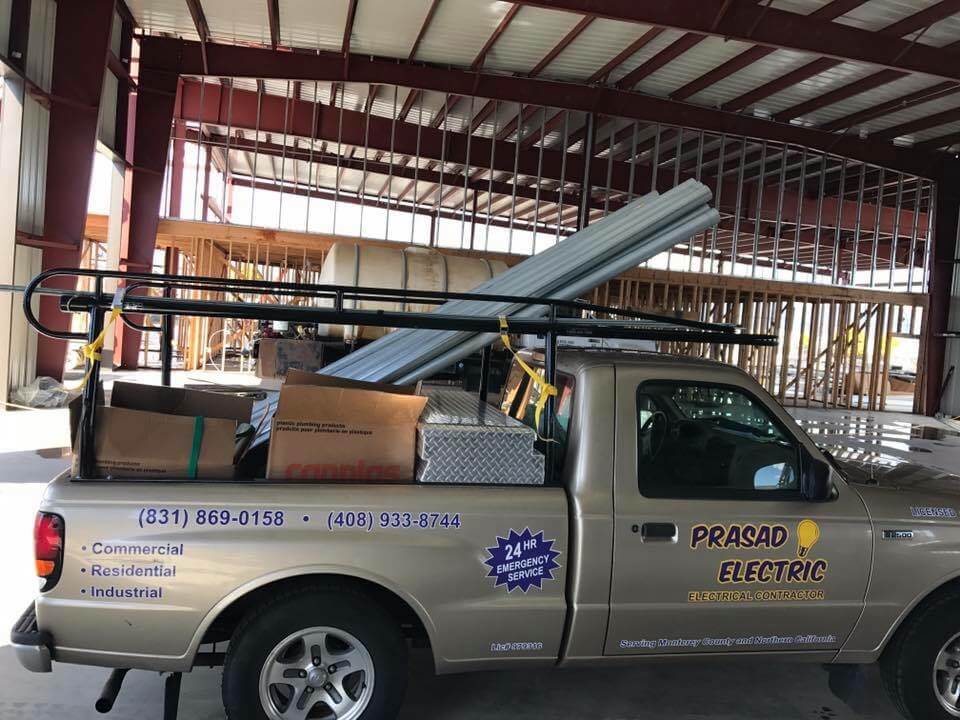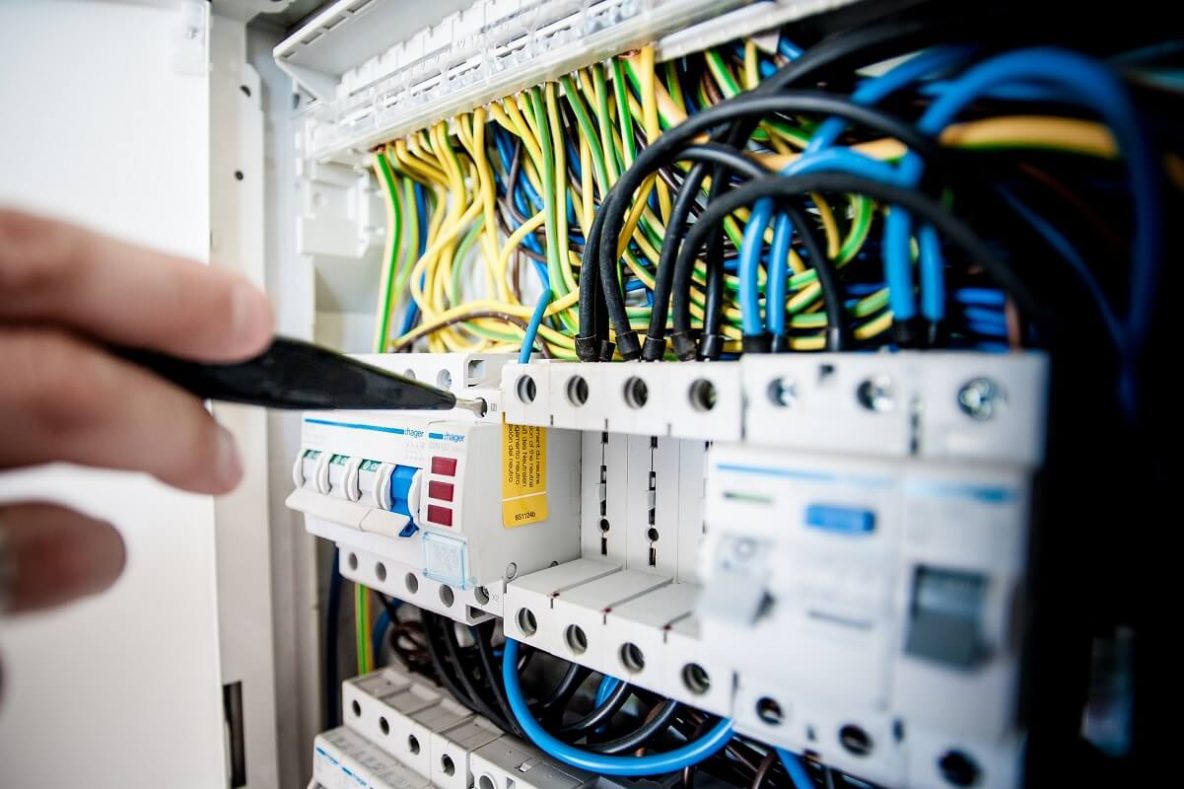Introduction
As a homeowner, you may be looking for ways to make improvements that will not only increase the value of your home but also make it safer and more efficient. Upgrading your home's electrical system is a great way to achieve this. In this article, we will discuss five electrical upgrades every homeowner should consider.
Upgrading Electrical Panel
Your home's electrical panel is responsible for distributing electricity throughout your home. If your electrical panel is outdated or not functioning properly, it can lead to a variety of problems, including power outages and even fires. Upgrading your electrical panel is one of the most important electrical upgrades you can make.
- a. Reasons for upgrading the electrical panel There are several reasons why you might want to consider upgrading your electrical panel. If your home was built more than 30 years ago, it may not be equipped to handle the electrical demands of modern appliances and electronics. Upgrading your electrical panel can also increase the safety of your home by reducing the risk of electrical fires.
- b. How to upgrade the electrical panel Upgrading your electrical panel is a job best left to a licensed electrician. The process typically involves removing the old panel and replacing it with a new one that can handle the electrical demands of your home. It may also involve upgrading the wiring and circuit breakers in your home.
Installing Whole House Surge Protector
A whole house surge protector is a device that is installed at the main electrical panel to protect your home's electrical system from power surges. Power surges can be caused by lightning strikes, power outages, or other electrical events.
- a. Importance of whole house surge protector A whole house surge protector is important because it can protect your home's electrical system from damage caused by power surges. Power surges can damage electronics and appliances, and in extreme cases, can even start fires.
- b. How to install whole house surge protector Installing a whole house surge protector is a job best left to a licensed electrician. The process typically involves installing the surge protector at the main electrical panel and connecting it to the grounding system.
Adding GFCI Outlets
GFCI outlets are designed to protect against electric shock by immediately cutting off power to the outlet if it detects a ground fault. They are typically used in areas of the home where there is a higher risk of electrical shock, such as bathrooms, kitchens, and outdoor areas.
- a. Purpose of GFCI outlets The purpose of GFCI outlets is to protect against electric shock. By immediately cutting off power to the outlet if it detects a ground fault, GFCI outlets can help prevent serious injury or even death
- b. How to add GFCI outlets Adding GFCI outlets is a job that can be done by a licensed electrician or by a skilled DIYer. The process typically involves replacing the existing outlet with a GFCI outlet and connecting it to the grounding system.
Upgrading Lighting
Upgrading your home's lighting can not only improve the look and feel of your home
- a. Benefits of upgrading lighting: Upgrading your home's lighting can not only improve the look and feel of your home, but it can also increase energy efficiency and save you money on your energy bills. LED lighting, in particular, is a great option for homeowners looking to upgrade their lighting.
- b. How to upgrade lighting :Upgrading your home's lighting can be as simple as replacing your old incandescent light bulbs with energy-efficient LED bulbs. You can also consider installing new light fixtures or adding dimmer switches to your existing lighting.
Installing Smart Home Technology
Smart home technology allows you to control your home's lighting, temperature, and other systems from your smartphone or other smart device. This can increase energy efficiency, improve security, and make your home more comfortable.
- a. Benefits of smart home technology Installing smart home technology can provide a variety of benefits. For example, you can remotely control your home's lighting and temperature, which can save you money on your energy bills. Smart home technology can also improve the security of your home by allowing you to monitor your home from your smartphone or other smart device.
- b. How to install smart home technology Installing smart home technology typically involves installing smart devices, such as smart thermostats and smart lighting systems, and connecting them to your home's Wi-Fi network. This can be done by a licensed electrician or by a skilled DIYer.
Conclusion Upgrading your home's electrical system can not only increase the value and safety of your home but can also improve energy efficiency and save you money on your energy bills. Consider upgrading your electrical panel, installing a whole house surge protector, adding GFCI outlets, upgrading your lighting, and installing smart home technology to make your home safer and more efficient.
FAQs
Can I upgrade my electrical panel myself? No, upgrading your electrical panel is a job best left to a licensed electrician.
How do GFCI outlets work? GFCI outlets detect ground faults and immediately cut off power to the outlet to prevent electric shock.
Can I install smart home technology myself? Installing smart home technology can be done by a licensed electrician or by a skilled DIYer.
What are the benefits of upgrading my lighting to LED? Upgrading your lighting to LED can improve energy efficiency and save you money on your energy bills.
How do I know if my home needs an electrical upgrade? If your home is more than 30 years old or you are experiencing frequent power outages or electrical problems, it may be time for an electrical upgrade. Consult with a licensed electrician to determine the best course of action.

